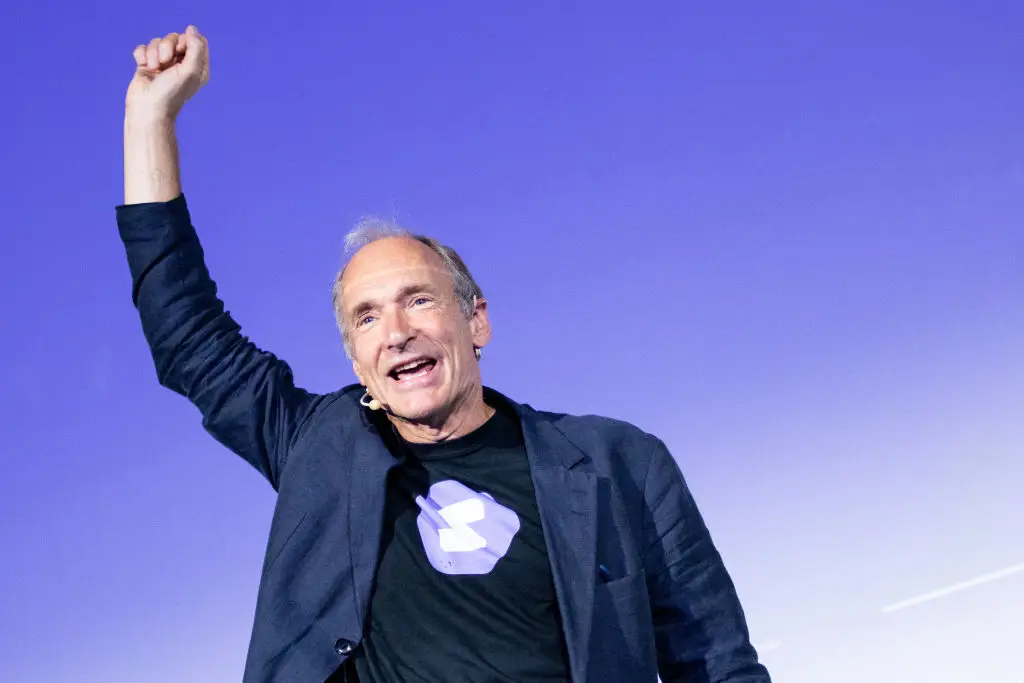
The internet is arguably one of the most transformative inventions across the last century, and plays some part in most things that people across the world do every single day.
It was initially proposed all the way back in 1989, officially 'released' in 1993 by CERN, and continues to rapidly evolve with each passing year to the point that it's almost unrecognizable with every new decade.
What was first a bunch of publicly shared document-like pages connected by links then became a world-spanning database joined at the seams by search engines, and now has transformed into an often social media-first space that could see further revolutions as a consequence of artificial intelligence.
At the heart of it all though is computer scientist Tim Berners-Lee, who was the man that initially came up with the idea for a 'world wide web', and he has now revealed why exactly he decided to give this world-changing idea away for free.
Why did Tim Berners-Lee give the internet away?
Explaining his decision in the Guardian, Berners-Lee detailed how his reason for giving the world wide web away for free was motivated by necessity, as it wouldn't ever take flight if not for the freedom for everyone and anyone to use it.
Advert
He illustrated that "giving users such a simple way to navigate the internet would unlock creativity and collaboration on a global scale," adding that "if you could put anything on it, then after a while, it would have everything on it."

This has largely turned out to be true, but that would never have been the case if it hadn't have been free to access from the very beginning.
"But for the web to have everything on it, everyone had to be able to use it, and want to do so," Berners-Lee asserts. "This was already asking a lot. I couldn't also ask that they pay for each search and upload they made. In order to succeed, therefore, it would have to be free."
Having come to this decision himself, he successfully managed to convince CERN – the European Organization for Nuclear Research and host of the first world wide web server – to donate the intellectual property of Berners-Lee's creation into the public domain, making it free forever.
Is the internet still 'free'?
While the internet is still free by definition, its transactional nature has definitive evolved over the years, and it's perhaps turned into something that Berners-Lee himself isn't too happy with.
First and foremost there are a number of websites that, as a consequence of the internet taking over other forms of information sharing, have turned to restricted access models that require you to pay to view the webpage, meaning that it's technically not 'free' to view everything on the internet.
Additionally – and more importantly for Berners-Lee – the evolution of data on the world wide web has transformed the value of everyone browsing the internet, effectively flipping it on its head.

"On many platforms, we are no longer the customers, but instead have become the product," Berners-Lee explains. "Our data, even if anonymized, is sold on to actors we never intended it to reach, who can then target us with content and advertising.
"This includes deliberately harmful content that leads to real-world violence, spreads misinformation, wreaks havoc on our psychological wellbeing and seeks to undermine social cohesion."
While the internet doesn't 'cost' people anything still in the traditional sense, data is often regarded as a far more valuable source of income for many and it's something that has become intrinsically a part of how the world wide web has become expensive to use in every way but money.
